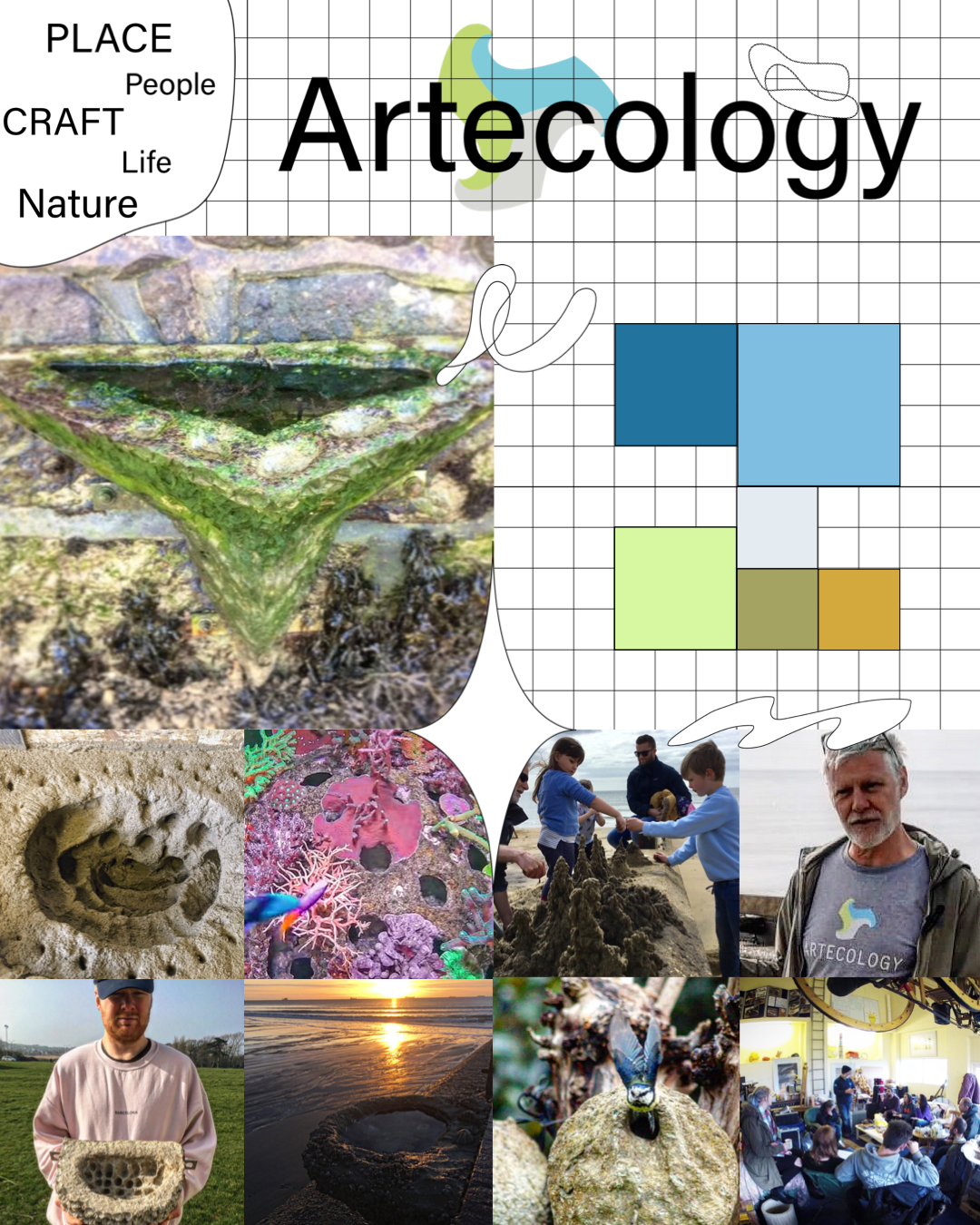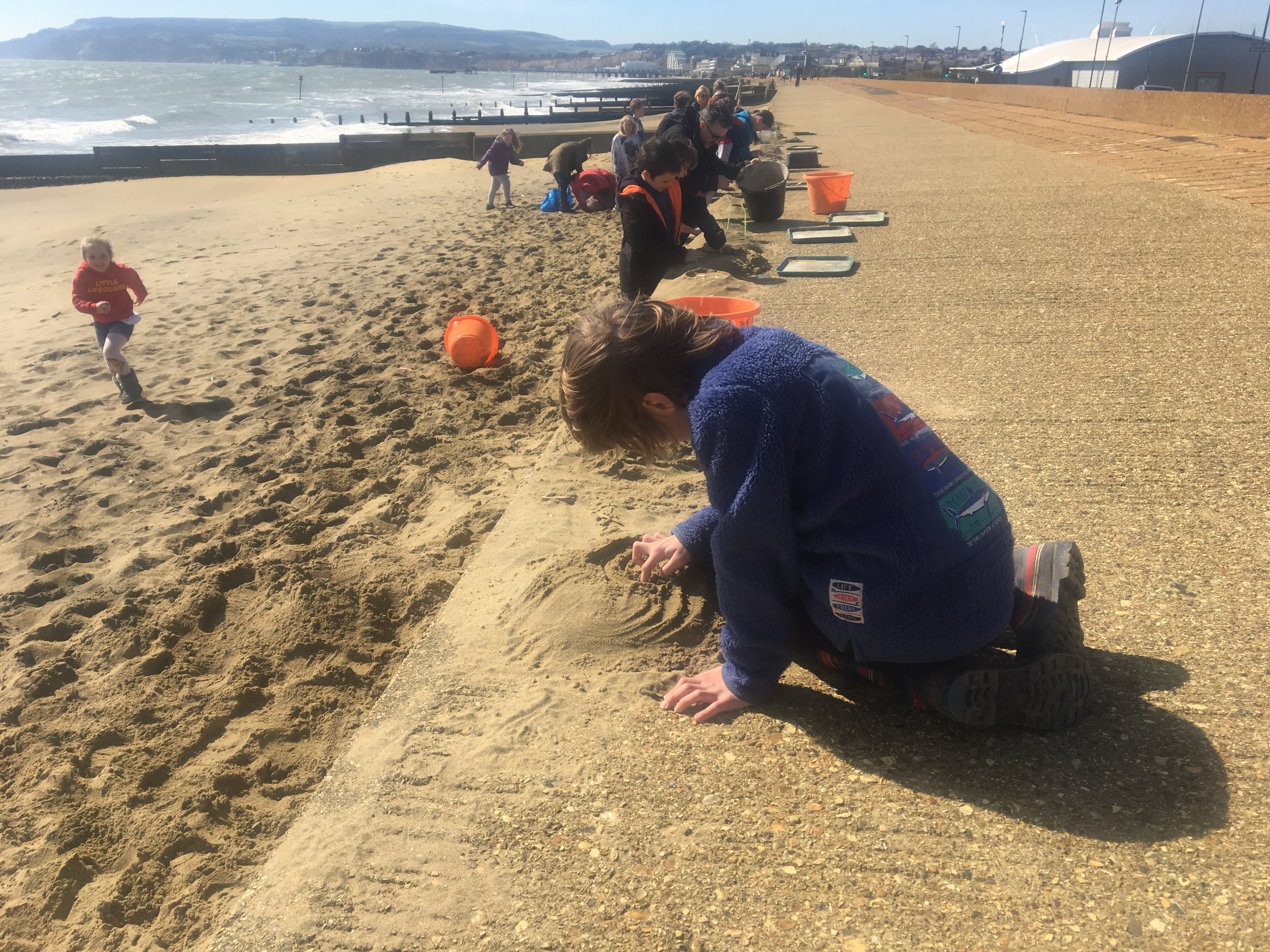A paradigm shift.
In a sphere where the concept of exponential economic growth is the norm, the pursuit of 'more & bigger' has been a prevailing mantra; more profits, assets, and wider reach. Traditional scaling champions this ideology, relentlessly seeking to compound gains at ever larger scales, nearly always measuring success by the sheer magnitude of the numbers in the bottom corner of the financial spreadsheet. However, at Artecology a different philosophy emerges, one that recognises planetary thresholds and limits. Our way resonates with a concept of ‘nodal regional growth’, distinct from the traditional 'more and bigger is better' business paradigm.
Economy disrupter Carol Sandford's perspective sheds light on the subject. She notes that scaling, conventionally perceived as the norm, embodies an incessant quest for perpetual growth, sometimes disregarding the holistic needs of a system or environment. It perpetuates the belief that continuous expansion is the only path to progress, often overlooking the individuality and context-specific requirements of a system.
Integrated Grey Green, and erm… Orange? Infrastructure.
At Artecology, we think ‘nodal development’ advocates a different ethos, recognising the uniqueness and importance of each entity within a system. It's a practice rooted in understanding and responding to the distinct regional needs, emerging properties, and the evolving state of any given socio-enviro-economic system itself. Artecology embodies this ideology, believing that change innovation arises not from relentless scaling but from strategic, purposeful interventions that consider the intrinsic dynamics of a whole system. Since, for us at Artecology, our projects tend to concentrate in and around urban centres, one might think of this work as the creation of ‘integrated urban/natural/social infrastructure’.
Tipping the scales.
Our own ‘scaling’ initiative called Artecology CoCreate, serves as a working example of how regional nodal development might actually work. With a focus on meaningful community engagement, regional partnerships, collaboration, and ecosystem-specific interventions, Artecology CoCreate embodies nodal development philosophy and principles, rather than pursuing blind year on year growth relating to ever increasing product and services sales. It is a strategy designed to prioritise regional relevance, tailoring projects to suit specific ecosystems and community needs. It’s our contention that this approach fosters faster, deeper, and more systemic transformation towards meaningful change, something that might actually one day qualify as sustainability.
To be or not to be business as usual, that is the question.
Artecology CoCreate adopts a place-based approach that diverges from traditional scaling, steering away from superficial solutions. Our focus lies in creating restorative, regionally resonant, and resilient interventions. Embracing a holistic perspective, we enable systems to evolve organically, guided by their unique nature. Our commitment to authentic regeneration involves contextually relevant, interactive and socially connective processes, paving the way for something akin to a sustainable society. While our efforts to function as an environmentally 'non-destructive' business are ongoing and in no way perfect, we’re acutely aware that leaving ‘business as usual’ behind, and instead pursuing authentic sustainability, and restorative & regenerative practices may mean that we are perceived by many as disruptive…… we feel that this is a paradoxical irony!
So what might a non-destructive business model entail? In an economic system rooted in 'unsustainability,' envisioning a non-destructive business seems challenging. However, such a business, aspiring to be non-destructive, would actively challenge the free market system contributing to the polycrisis. It would question traditional notions of year-on-year growth; champion 'commons,', create social infrastructure by design, and highlight the virtues and values of social capital in community economies as pathways to authentic sustainability.



